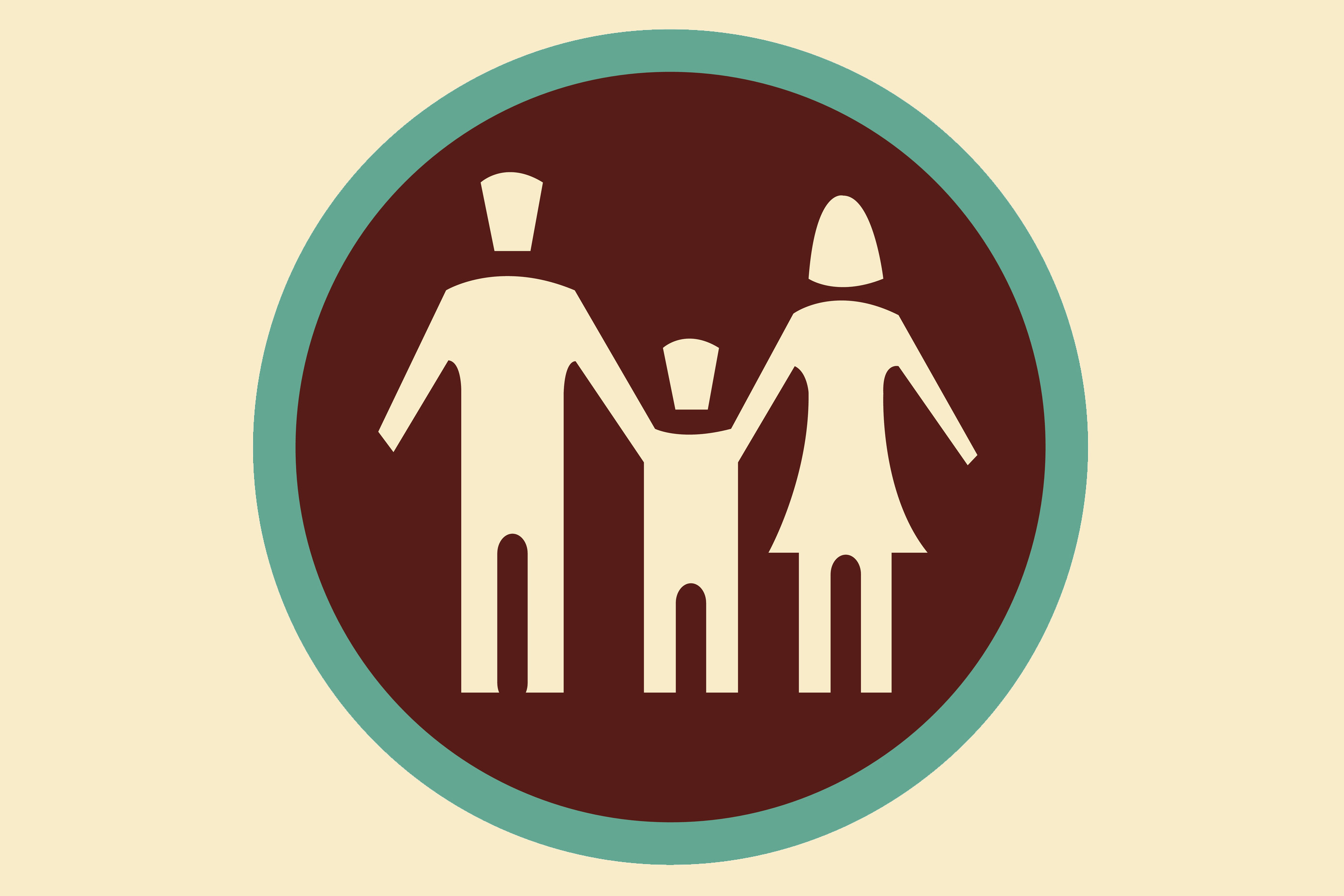There’s little doubt in the mind of public health researcher Jane Ungemack that keeping children with their parents – and out of the child welfare system – gives them the best chance of success in life.
With evidence from two decades of research collaboration with state agencies and community-based organizations, the bigger question for her is, what’s the best way to do it?
Connecticut recently started a six-year study of Family-Based Recovery, a method of intervention for parents who need substance abuse treatment that has been shown to reduce both the substance abuse and the chances of children having to be removed from their homes.
That may be the answer, and it is Ungemack’s job to analyze its effectiveness.

“Parents with substance abuse disorders are a huge problem in child welfare,” says Ungemack, assistant professor in UConn Health’s Department of Community Medicine and Health Care. “Our own analyses show that these substance-involved families are less likely to be reunited, and the children may also have longer stays in foster care and within a DCF placement than those that are not involved. The costs of taking a child out of the home and going through the legal process could way offset the cost of providing effective substance abuse treatment.”
The Family Stability Project will conduct a randomized control trial with 1,000 families to determine the effectiveness of Family-Based Recovery compared to standard services in keeping children in their home. The intended families are those with children up to age 6, who are involved with the Department of Children and Families, and who have a parent with a substance abuse disorder. Family-Based Recovery teams – consisting of two clinicians, a substance abuse specialist, and a family support worker – will make regular visits to provide intensive in-home treatment that focuses on parent-child attachment and substance abuse recovery.
“My work for almost 20 years has been bringing data to bear, as well as the evaluation services or needs assessment services, to really execute and implement these types of projects. They’re frequently statewide, and they’re frequently tied to state policy and directions that the state wants to go in,” Ungemack says. “Very often this information helps support development of evidence-based models and practices in substance abuse services. It capitalizes on the research expertise of the University, as well as our knowledge base, in addressing state public health and social welfare issues.”
As the independent evaluator of the Family Stability Project, Ungemack will compare outcomes of those families in the Family-Based Recovery group to those receiving standard service options. She will measure success based on carefully defined metrics, including prevention of out-of-home placements, prevention of re-referrals to DCF, and reduction of parental substance abuse.
Adding to the importance of Ungemack’s evaluation is the fact that the results will have a direct correlation to the expenses the state will incur to run the program.
This is Connecticut’s first “Pay for Success” project, a relatively new concept in which private investors, not the government, provide the initial funding for social programs. The government gradually repays the investors, but only if the program achieves success as quantified by the metrics. Repayment of the original principal – in this case more than $11.2 million – plus a modest return would require significant outcomes across all metrics. If no positive outcomes are achieved, the government makes no payments. This approach is also known as social impact bonding.
“There’s increasing emphasis on data-driven planning, and there is much more emphasis on accountability showing results for funding,” Ungemack says. “The agencies don’t necessarily have those skills, but the University has lots of that skill.”
DCF says parental substance use is a factor in more than half the cases it investigates, and that the family-based recovery approach has a track record of success in reducing the agency’s involvement and in keeping families together.
“Very often people believe something is going to work, and right now DCF line staff think this is the best thing going,” Ungemack says. “But they don’t know it for sure. If you’re going to make a huge investment, you want to look at the data and what it says.”
While DCF has supported Family-Based Recovery services for nearly seven years, Ungemack’s evaluation will help determine if this approach is worth the expense. A high rate of repayment of these social impact bonds would mean the program is indeed successful. At that point, the expense incurred by the state could be weighed against the savings from an associated reduction in health care, child welfare, criminal justice, and special education costs, as well as productivity losses.
“These sorts of partnerships create enormous opportunities for us as researchers and academics. It also opens the door to enormous amounts of data,” Ungemack says. “Our mission in the University at large, and specifically at UConn Health, is to contribute to the benefit of the population of Connecticut.”



